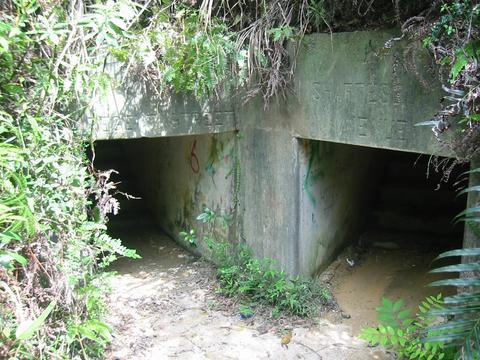From here on we move onto events that are within living memory, or which were recalled by people I have known.
In the Thirties, Hong Kong's run of good luck starts to come to an end...
The Great War did not affect Hong Kong but the Great Crash did; Hong Kong depends on trade and there was less of it about. At the same time, the Sino-Japanese War starts to wreck China's already feeble economy. Times started to look a bit grim.
The British Government woke up to the idea that Japan might pose a threat to Hong Kong if Japanese occupation of China got as far as Guangdong Province.
There ensued a considerable dither. On the one hand, Hong Kong was really impossible to defend properly without command of the sea and the air, and the resources needed to ensure that, in such a remote spot, were beyond a Britain which had been devastated by the Depression and which was struggling to re-arm.
On the other hand, just to abandon Hong Kong without a fight would not look good and it would, in particular, send the wrong message to Chiang Kai-Shek, whom we are encouraging to resist the Japanese.
Between 1936 and 1938, a fortified line, modelled on the Maginot Line, was built across the New Territories; this rejoiced in the official name of Gin Drinkers' Line, because it began at Gin Drinkers' Bay. (Gin Drinkers' Bay no longer exists; it is underneath Kwai Chung container terminal).
There's little of Gin Drinkers' Line left visible, today, but here's a bit - this is the Shing Mun Redoubt which was the headquarters of the Line:
Gin Drinkers Line depended, of course, on First World War concepts of trench warfare (Freddie Clemo, as a young member of the Hong Kong Volunteers, received very detailed instruction from an ex-WW1 RSM on the dangers of Trench Foot, and, according to Freddie, not a lot of instruction on anything else!)
It also depended on having enough men to man it. This it might have had, in 1938, but, as soon as war began in Europe, the idea of sending troops to defend a remote outpost in China was out of the question.
